Dear Readers
Greetings!
A few words, before you begin to read the research papers of this Editorial Book on FINANCIAL INCLUSION AND RURAL DEVELOPMENT: COVID EXPERIENCES. Financial Inclusion has been a greater concern to Government and to the Economic Development leaders. Although several policies and legislations have been implemented, they have been serving historically the under-banked communities to seek formal financial system. Financial inclusion is considered “a key enabler to reducing poverty and boosting prosperity” by the World Bank. The idea of financial inclusion started out with microcredit with a founding promise to end poverty by empowering the poor to start small businesses.
Apart from this, a majority of the population has access to open a bank account, and a portion of them even know how to conduct cashless transactions using UPI. This is a positive trend in recent years, resulting in increased confidence in digital platforms. The challenge of creating a financially inclusive system has never been more challenging or more significant during this pandemic period.
When the pandemic struck, policymakers and prominent economists across the world called for financial infrastructures to be strengthened. They argued this would support the efficient channeling of relief through cash transfers or cheap loans. Introducing Jan DhanAadhaarMobile (JAM) by the government has positively affected the banking sector and financial inclusion in India. There has been a significant change in targeted and reliable payments since the introduction of JAM services. It has also aided in eliminating duplicate entries and the reduction of dependency on cash payments and has helped create a trust factor with the customers.
Hence, keeping in view the contemporary need of the theme by policy makers and Government; We, The Editors, would like to present this book as a source of inputs to address the challenges by all in providing access and meeting the links provided by the Financial Inclusion through various outreach models.
We thank all the authors of research papers of the theme and we present this book to the readers who may be academician, practitioners and policy makers for further research, policy decisions and for implementation, as the case may be.

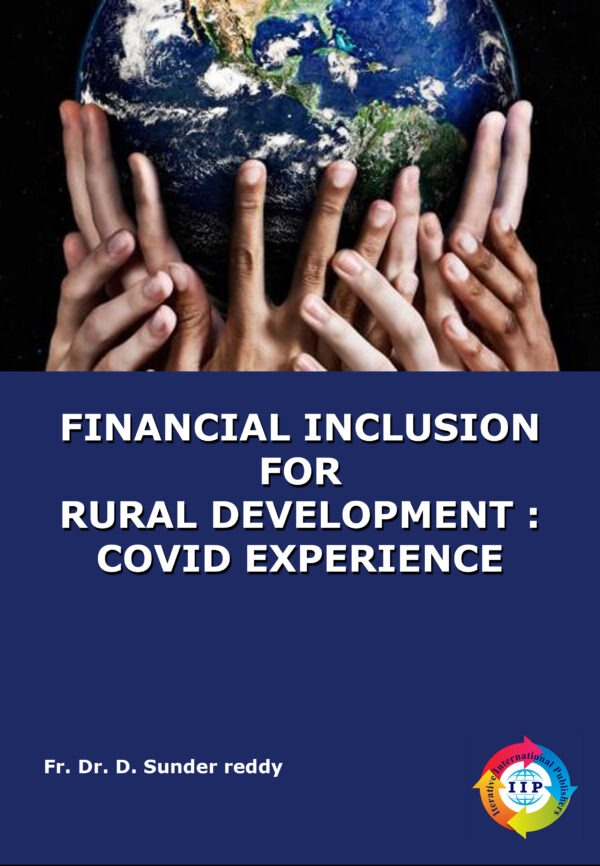
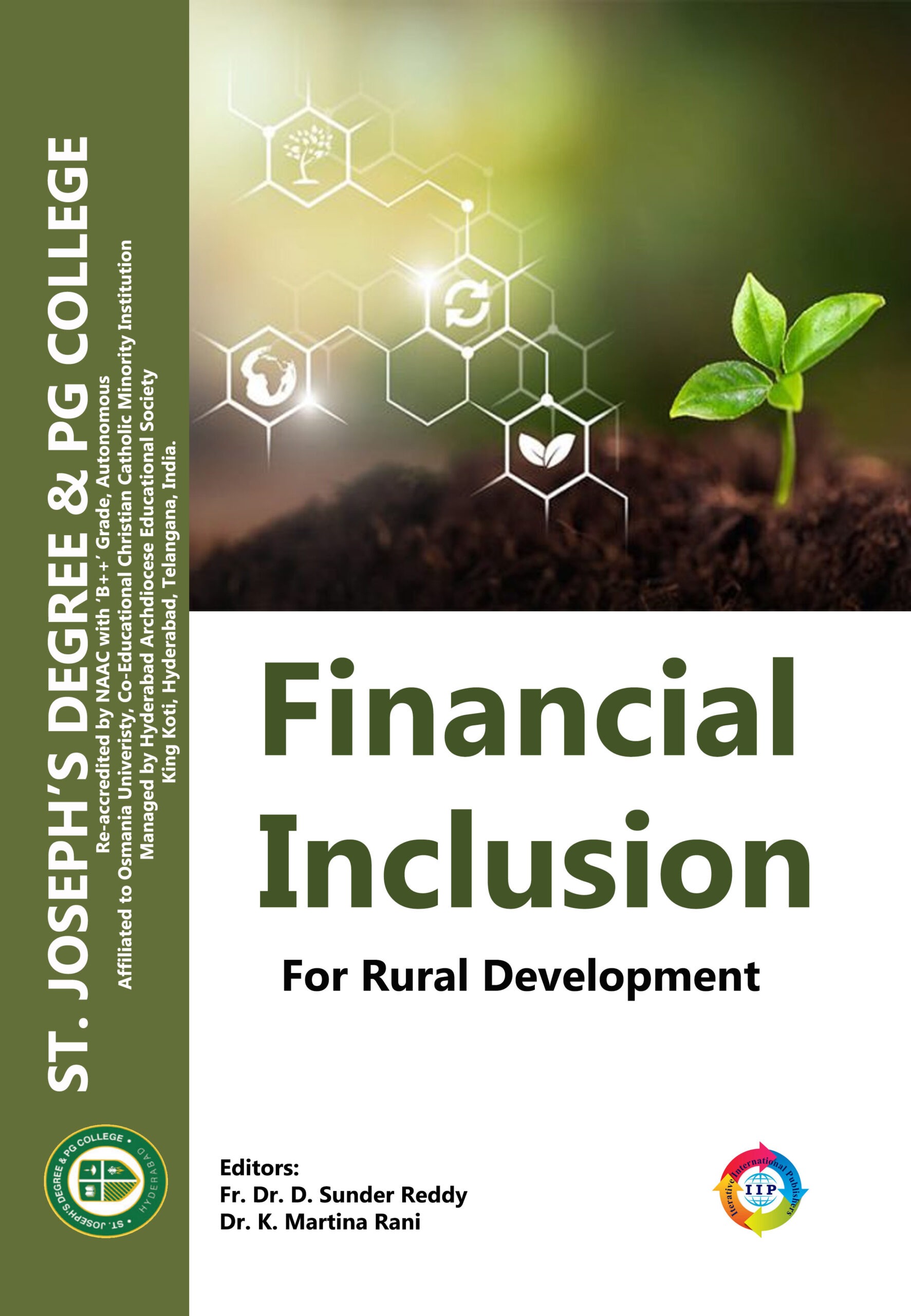
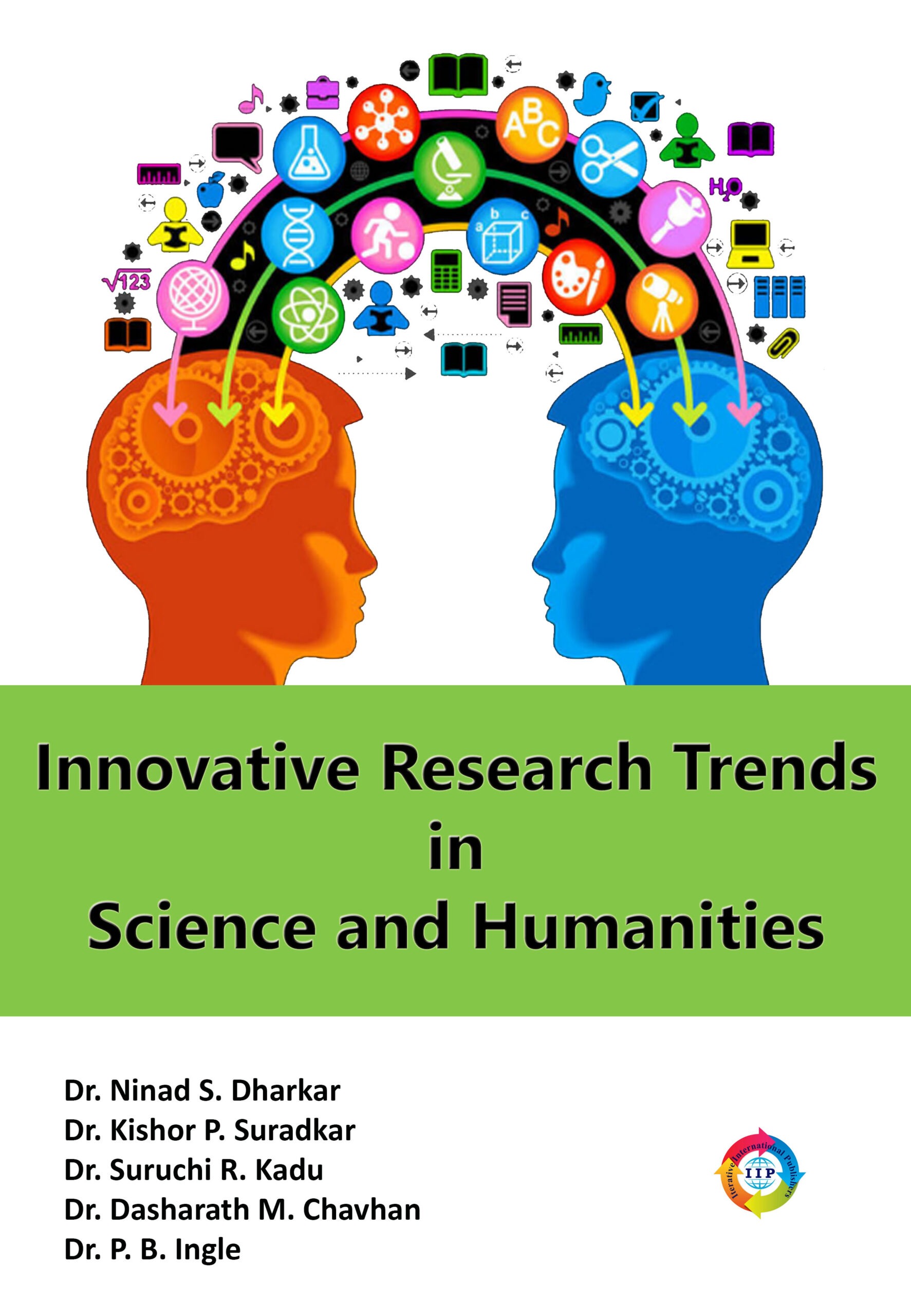
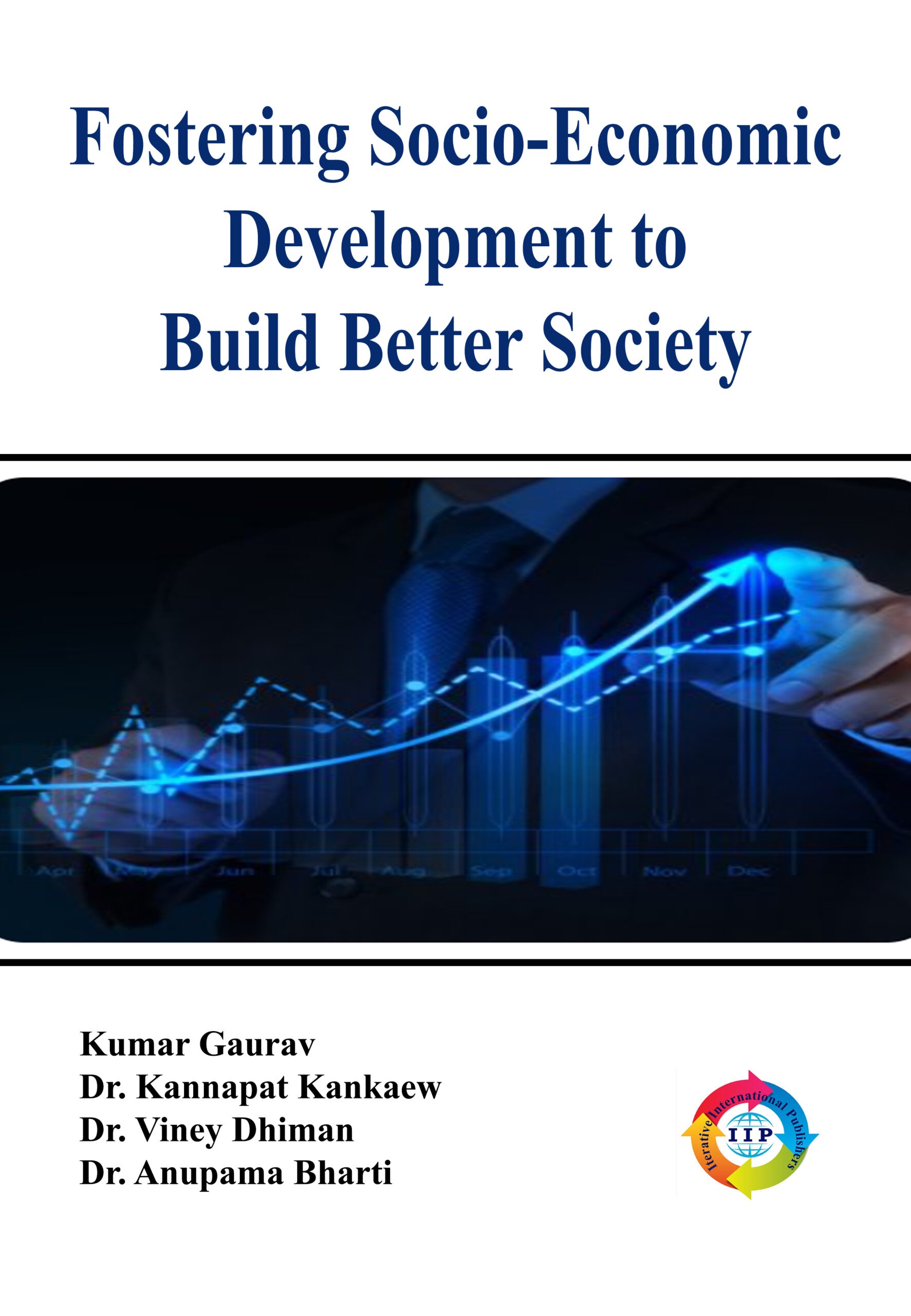

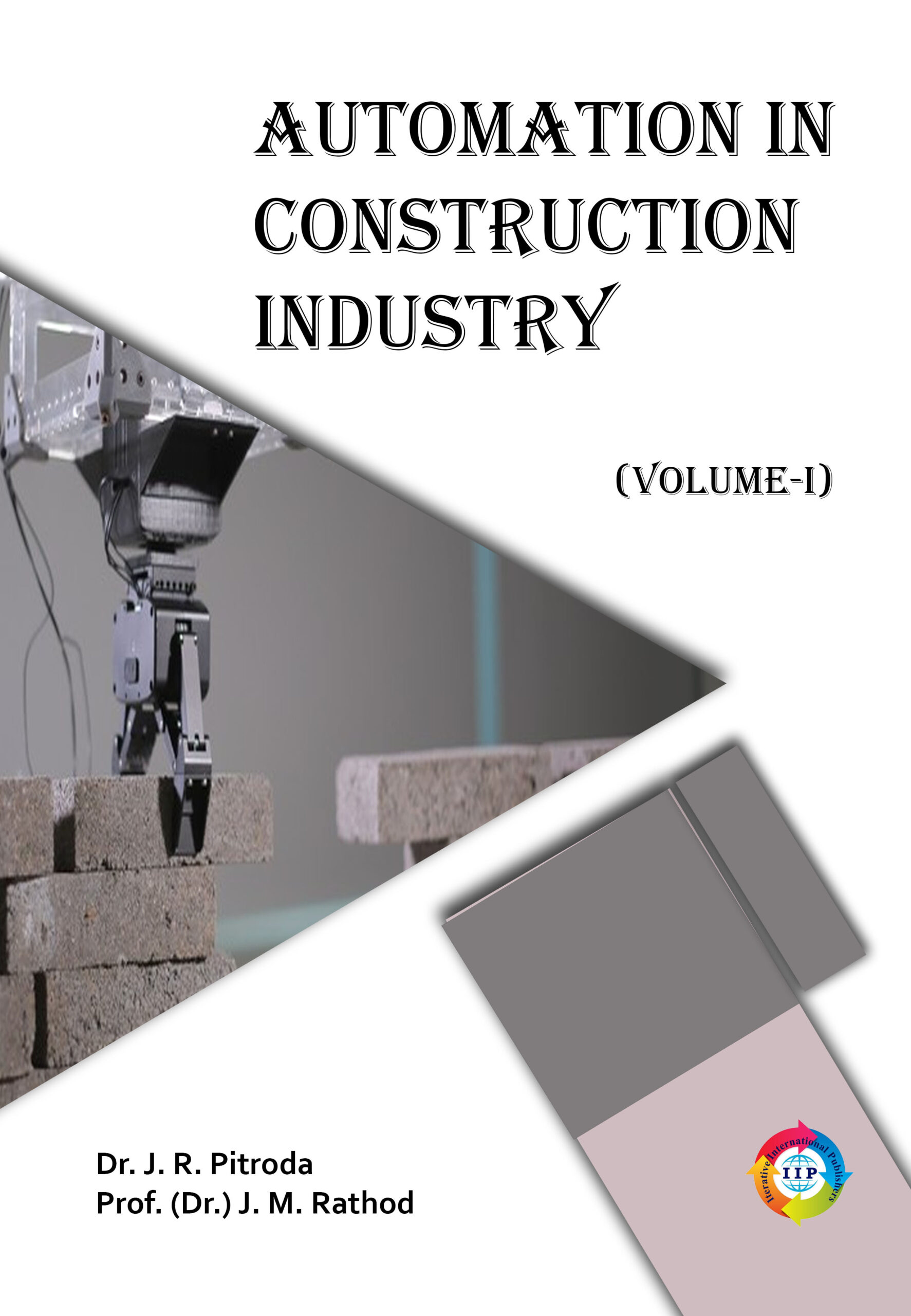

Reviews
There are no reviews yet.